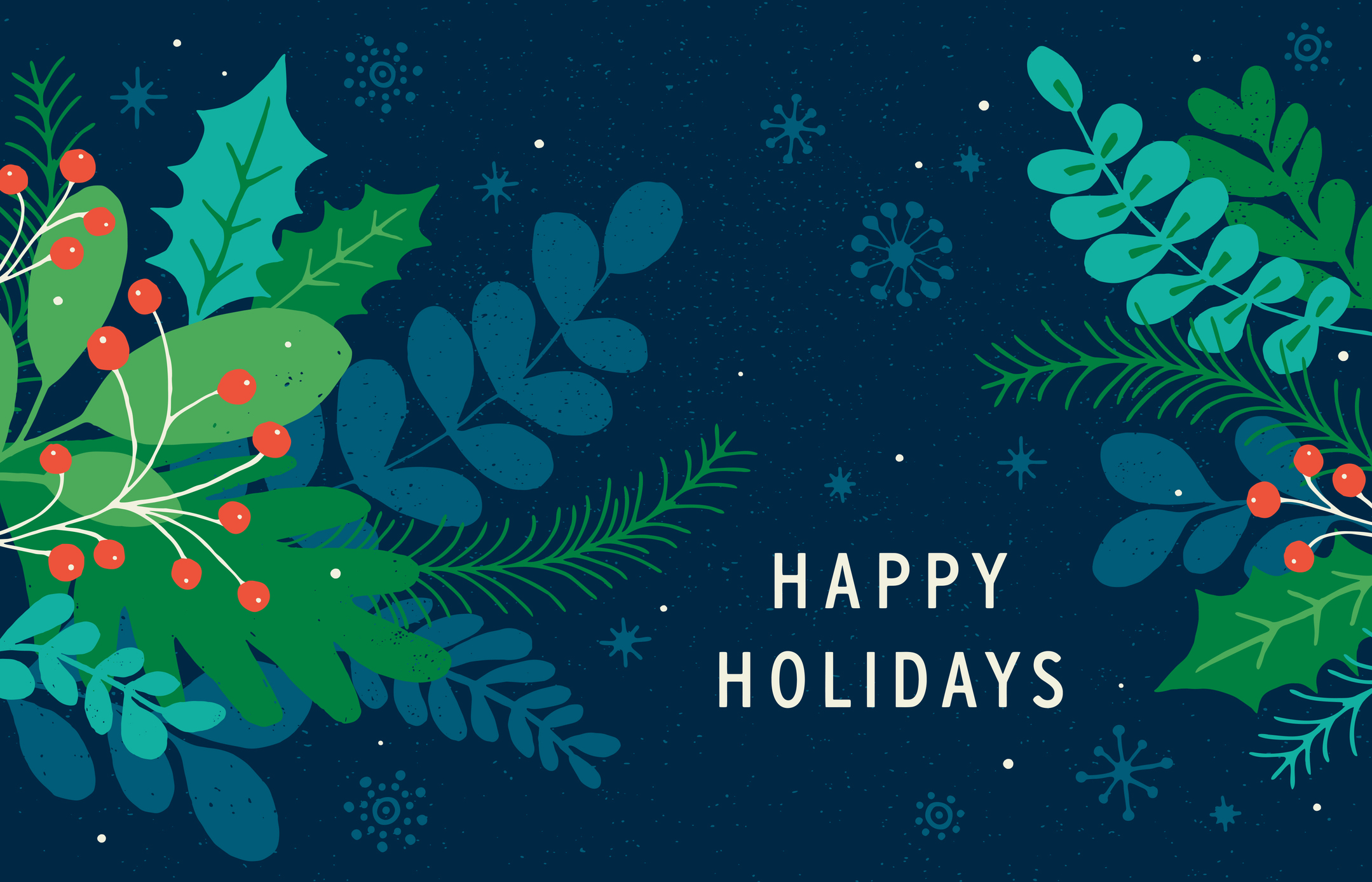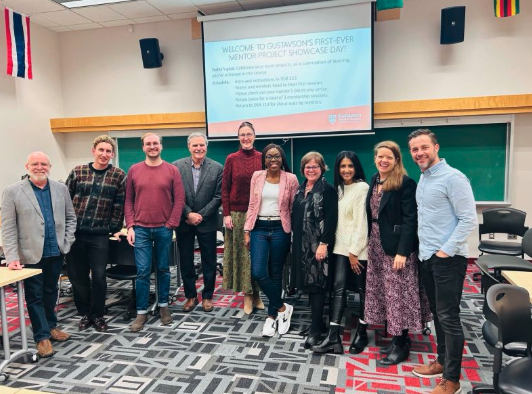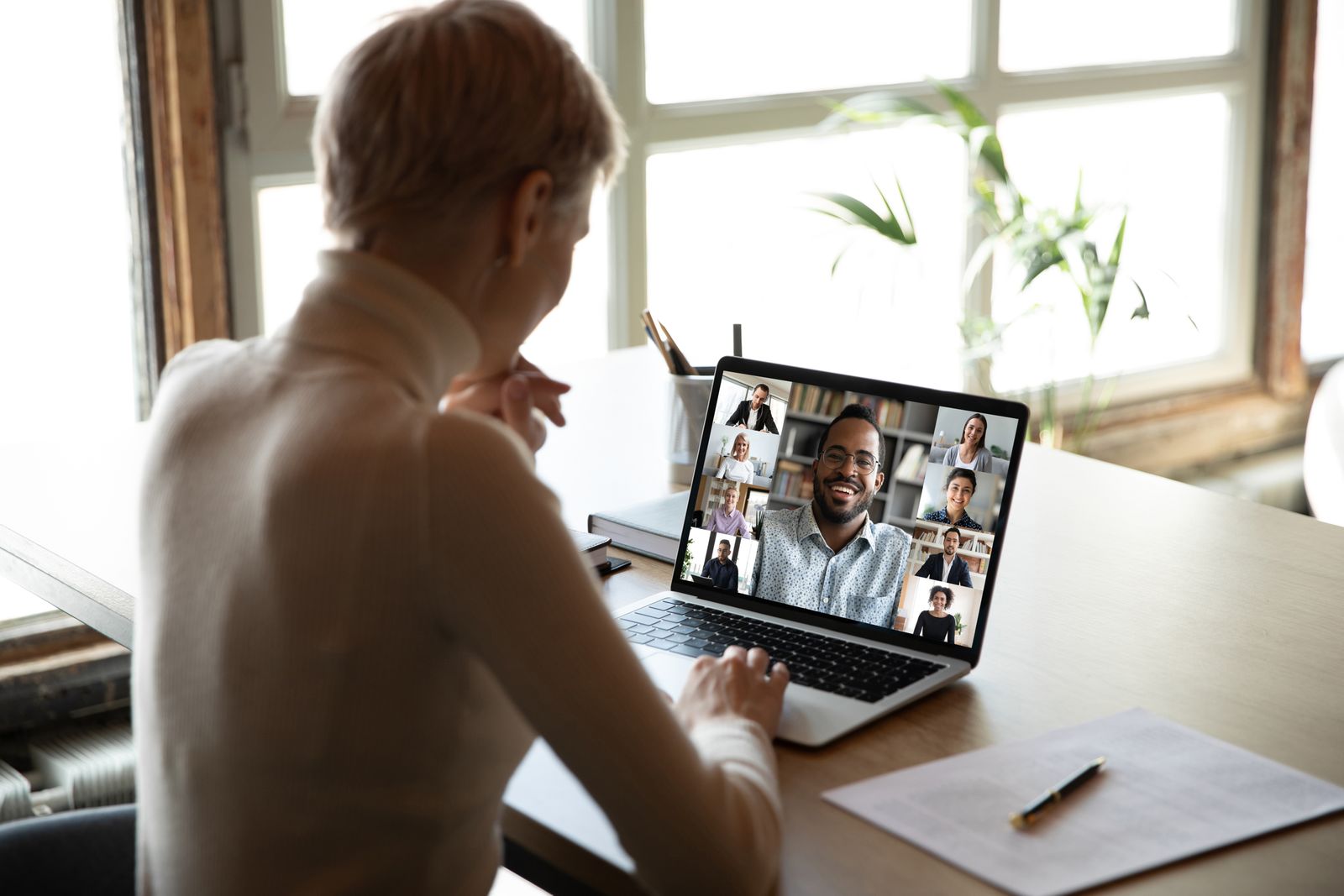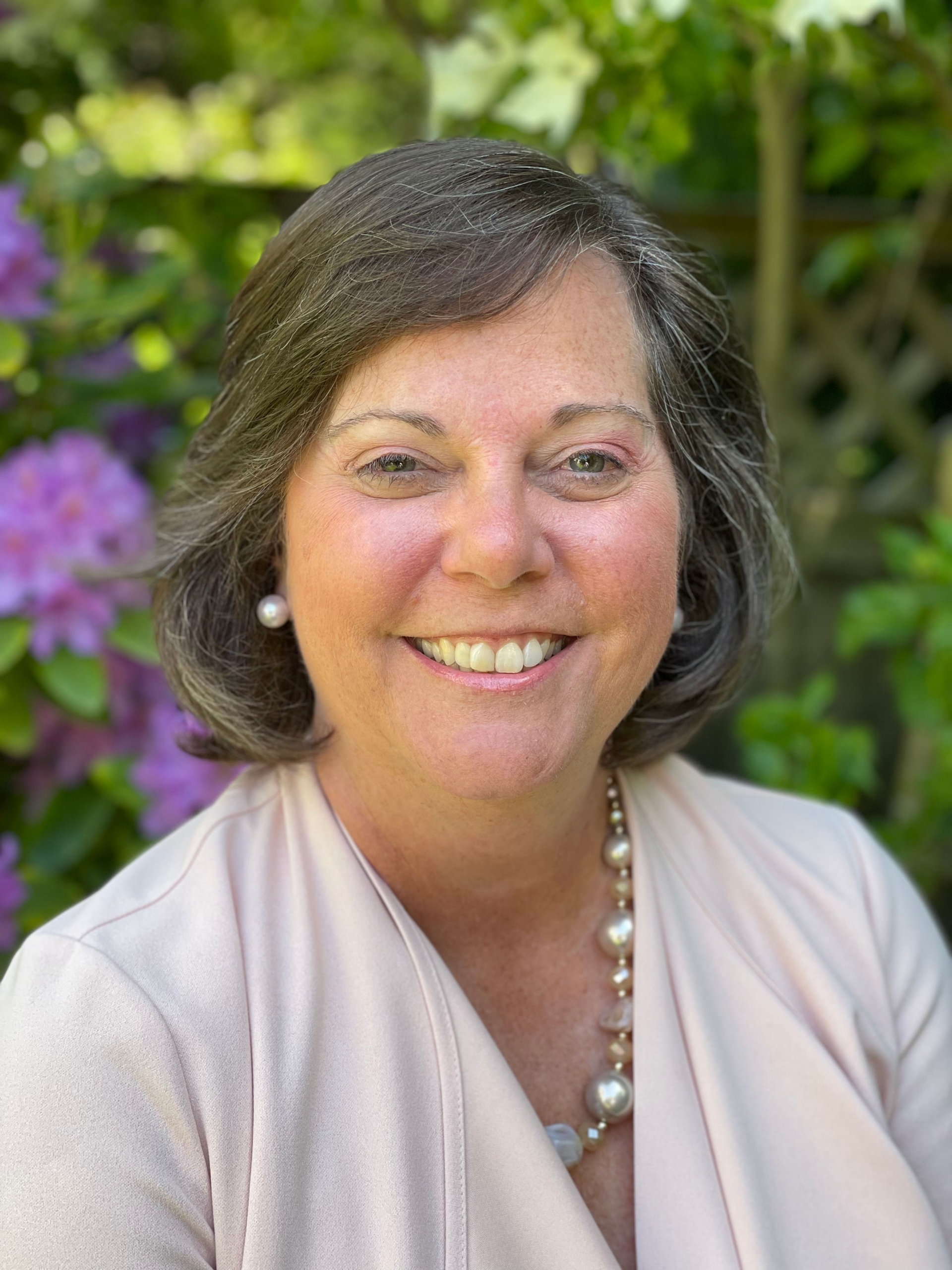Over the past nine months, I have spoken with more than 700 people around the globe, about their experiences living and leading through COVID-19. Regardless of age or stage of life, or whether people were working, laid off, volunteering, and or otherwise leading in their homes and communities, to a person they identified the need and longing for human connection and living with purpose. They also told us about the strategies that they are using to be their best selves, and what they are doing to take CARE of others. This research has evolved into the following CARE model.
The CARE Model
CARE stands for Connect, Adapt, Routinize and Exercise. It’s about honest check-ins with ourselves and others. And it provides a framework for building resilience while bolstering our ability to be our best selves, as we lead and manage in our families, workplaces, and communities.
Loss, Grief and the Change Process
The roadmap we expected to get us through the pandemic is not the one we got. The intensity, unpredictability, and rapid pace of change is challenging and difficult to manage. Changes are coming at us daily, even minute-to-minute, and are inter-dependent on what others around us are also experiencing.
People are grieving the loss of loved ones and the rituals that brought them together to grieve and mourn with their friends, family, colleagues and their communities. People have lost their jobs, their dreams, and hopes for the future. They are grieving the loss of their freedom, independence, and intimate human connections. Some are also mourning their ability to celebrate the good times, birthdays, graduations, holidays and the birth of their grandchildren. The grieving process is not easy. For some, it is challenging to even talk about.
However, just like the instructions we are given on a plane, we are told in an emergency to put on our own oxygen masks before we help others. As leaders in this crisis, it is important to reflect on what we ourselves are experiencing and what we need to deal with our own losses, grief, and the changes in our lives.
We need to pause and understand our values, beliefs, and reactions to our losses – and the impact of the pandemic – before we can fully attend to the emotions and reactions of the people we lead, work with, and serve. This is a daunting challenge.
Frameworks and stages can provide a common language and way for us to talk about and make sense of our feelings, emotions, and experiences of loss and grief.
Here are two models. William Bridges Model of Endings, Transition and New Beginnings, layered with Kubler-Ross’s model of death and dying that many now refer to as the stages of grief or the grieving process.
The roadmap that worked for us in the past, may not be working as well as we expected in this pandemic. For many of us, it is the single largest socio-economic and health crisis we have ever lived through.
Our own reactions to this pandemic may surprise us. This is OK. We are all human. Grief is a real experience. It is unique to each person. It is unpredictable and cannot be rushed.
The pandemic is calling us all to be more patient and more empathetic with ourselves and others. We will all have good days where we are operating at our best. We will also have days where we are not. We may even be in different places on the continuum of loss and grief from the people we are living with, leading, and serving from one moment to the next.
The grieving process is not a straight line. Depending on the day, or the impact of events in your family, work, or community, you may swing back and forth between grieving, denial, or anger to the other side of looking at this experience as an opportunity to build, refresh, or reset the way you live, work, and play. This is why, it is important to pay attention to your Use-of-Self. It is the best instrument in your toolkit and the only one you can control. (Patwell, 2020)
When we saw the extent to which the CARE model resonated with the people we were speaking with around the globe, we decided to put together these strategies for people to consider as they attended to, and developed their Use-of-Self.
The suggested actions below are intended to tap into (and indeed fuel) people’s innate resiliency, so they can take care of themselves and others at this critical juncture.
As with the initial framework, these tactics have had broad resonance. People seem to appreciate them deeply because of their granularity, clarity, and applicability in daily life. No matter where you are living, or where you are emotionally/psychologically, you can apply the lessons of CARE to your daily life.
Taking CARE of Yourself and Others
Implications for leading through COVID-19 and beyond
Living through COVID is complex. No one is untouched by this pandemic. But each person’s experience is unique. Our experiences are dependent upon our beliefs, capacity, and the impact of what is happening around us. The lines between our private life, family, and our work lives are blurred. These different parts of our full selves are also now more interdependent than before COVID.
We learned over these past few months the importance and value in checking in with people. Building support systems, innovating, and using technology to build new relationships and maintain our rituals. Connecting with nature, slowing down, appreciating and digesting what is happening inside of you, and around you are also important coping tactics. Indeed, they can make all the difference.
Despite the losses we heard about, we also heard stories where people were more resilient – even more creative – in the midst of this pandemic. These stories need to be celebrated and shared. They provide inspiration and ideas that can support others. There are many lessons to be learned by spending time, talking, and learning with and from each other.
Going forward, as we navigate COVID’s next waves, we will need to focus on the interplay with our needs for taking CARE of our own agency – our own independence, with the interdependence, collaboration, teamwork, and partnerships that we have in our families, workplaces, communities, and on this planet. Until vaccines are found and administered, practising CARE in our overlapping networks may be a key antidote to some of COVID’s most severe psychological, social and economic impacts.
We can and must step up to our call to action and work together to flatten this curve and make a positive impact.
As leaders, we must take the time to reflect on the emotional impacts this crisis is having on the people we lead, work with, and serve. This may not be what we originally signed on for in our job descriptions. Renewing your commitment to lead yourself, your team, and organization is a critical step that is helping leaders to lead in this pandemic. Those leaders who CARE for others are bringing new energy into the workplace, and are making a positive impact in the lives of the people with whom they interact personally and professionally.
Our path through COVID-19 and beyond may be unclear. We may even feel unsteady, like we are living in a fog. What we do know, is that taking CARE of ourselves and others, being kind and compassionate, and living our life with purpose are keys that will propel us forward – one step at a time – toward the light at the end of the pandemic tunnel.
References:
Introduction to Type and Change by Nancy Barger and Linda Kirby CPP Inc. (2004)
Managing Transitions by William Bridges 1991
Managing Transitions. 25th Anniversary Edition: Making The Most of Change by Susan Bridges and William Bridges William Bridges Associates (2016)
Leading Meaningful Change. Capturing The Hearts, Minds and Souls of the People You Lead, Work With and Serve by Beverley Patwell (Figure 1 Publishing. Vancouver BC 2020)











